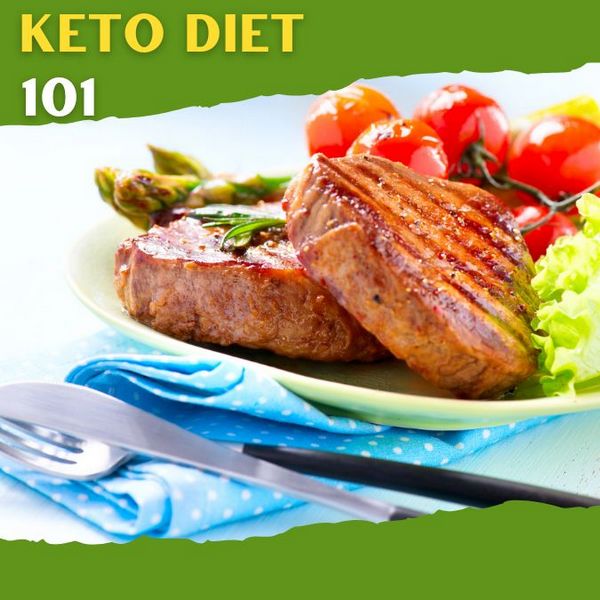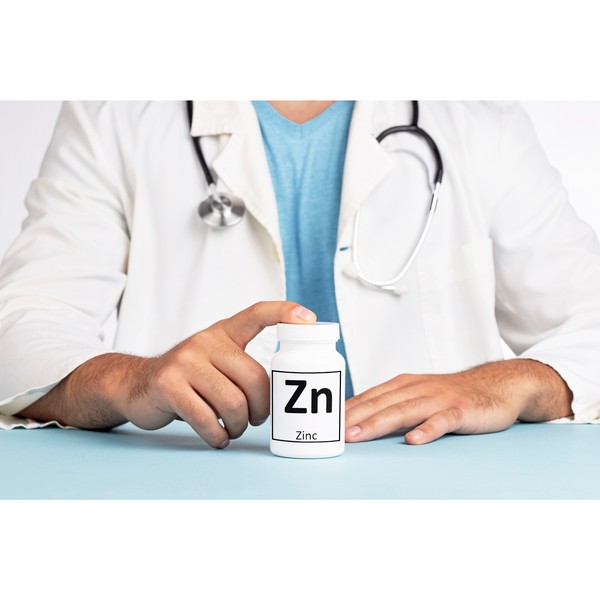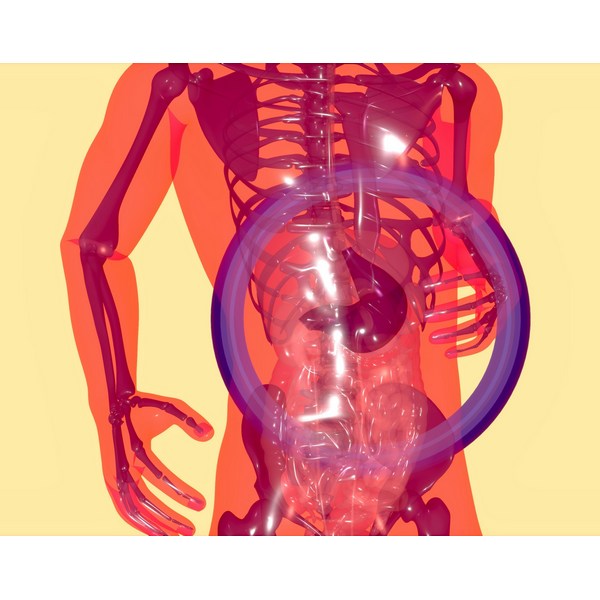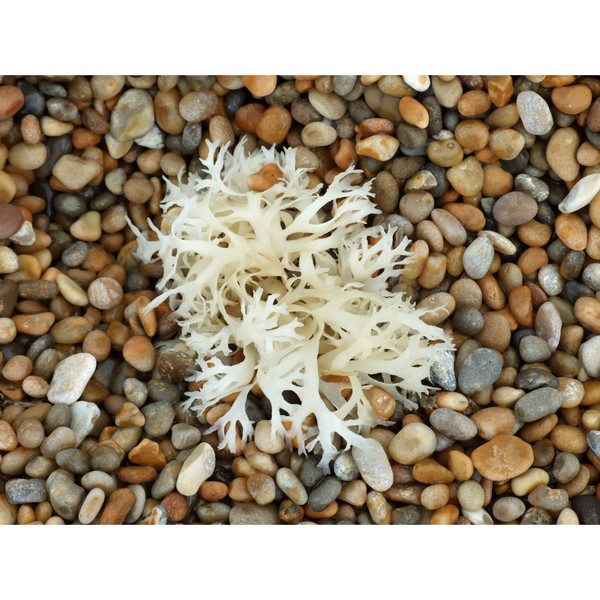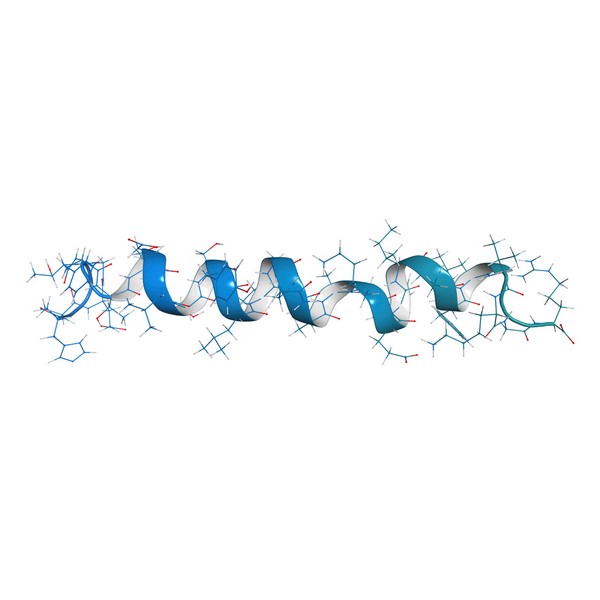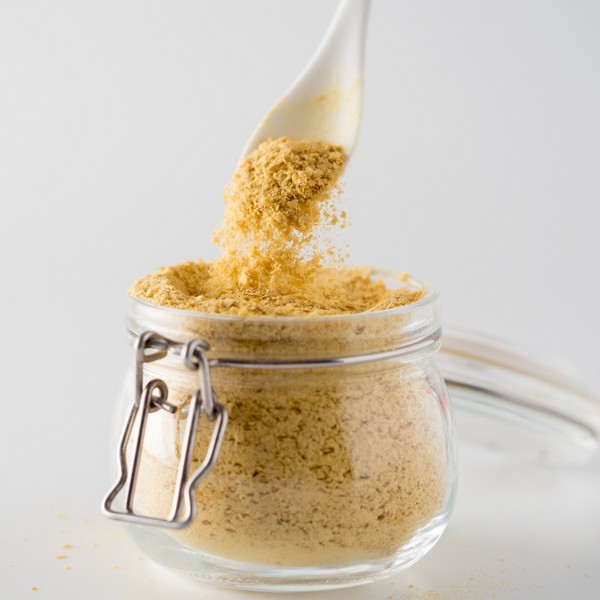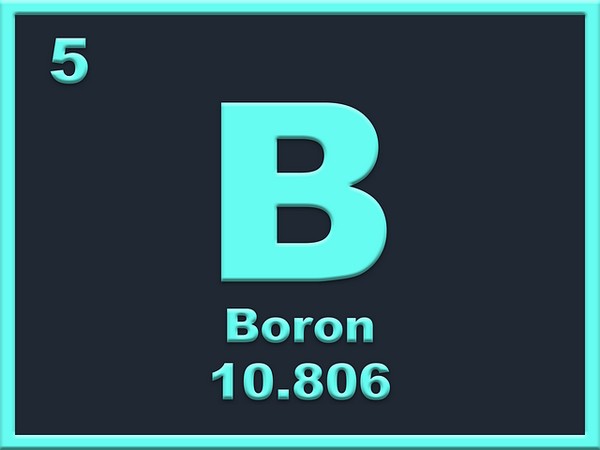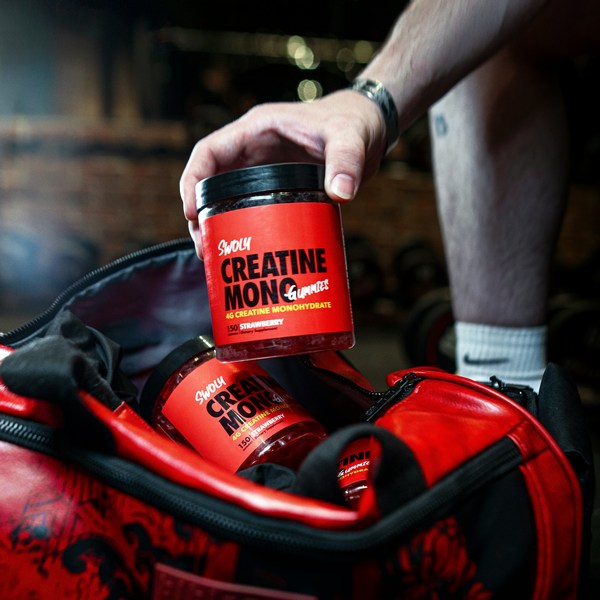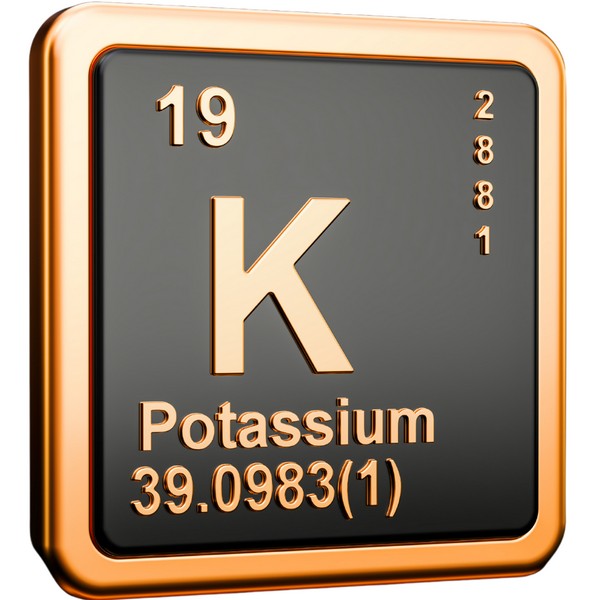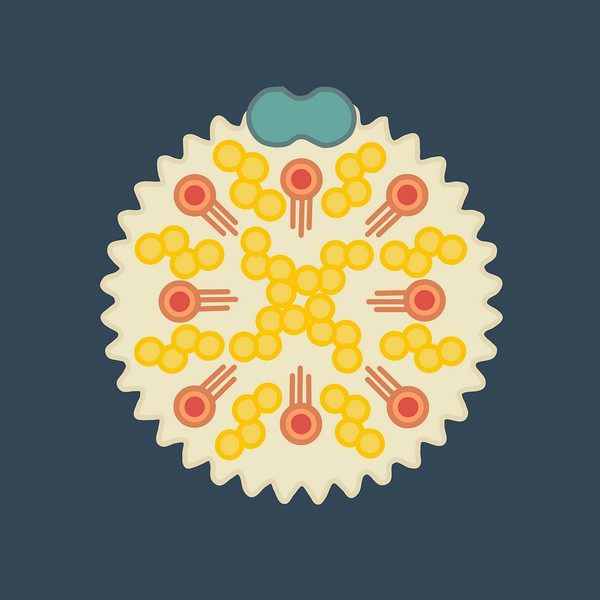Key Takeaways
- Calcium supplements have been linked to heart disease and kidney stones.
- Excess calcium from supplements can lead to imbalances and health issues.
- Natural food sources of calcium are safer and more effective for maintaining bone health.
- Supporting nutrients like Vitamin D, Vitamin K2, and magnesium are essential for calcium’s proper function in the body.
- A balanced diet is the best approach to maintaining healthy calcium levels.
Calcium in the Body

Calcium is essential for bone health, muscle function, and nerve signaling. Most of the calcium in the body is stored in bones and teeth, which helps keep them strong.
Calcium is also involved in blood clotting and maintaining a regular heartbeat.
While calcium is necessary, the source of calcium—whether from food or supplements—can have different effects on the body.
Risks of Calcium Supplements
Cardiovascular Risks
Calcium supplements have been associated with an increased risk of heart disease.
Unlike calcium from food, which is absorbed slowly, supplements can cause a sudden spike in calcium levels in the blood.
This can lead to calcium deposits in the arteries, increasing the risk of heart attacks and strokes.
Kidney Stones
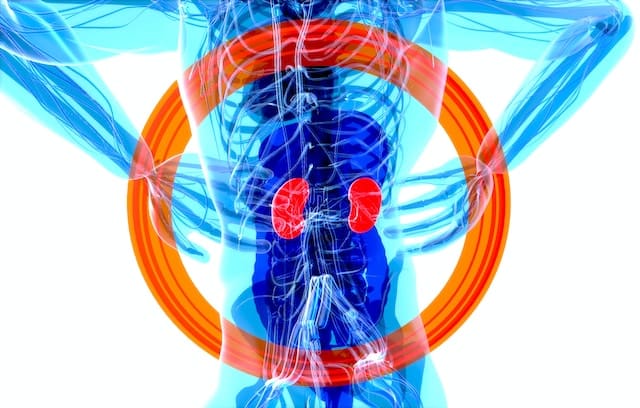
Calcium supplements can also contribute to the formation of kidney stones. When there is too much calcium in the body, it can build up in the kidneys and form painful stones.
The risk of kidney stones is particularly high when supplements are taken without adequate hydration.
Impaired Absorption of Other Minerals
High levels of calcium from supplements can interfere with the absorption of other essential minerals, such as magnesium and zinc.
These minerals are important for various functions in the body, including heart health muscle function and immune support.
When calcium intake is too high, it can reduce the absorption of these nutrients, leading to deficiencies.
Magnesium is more likely to be deficient in most people and much safer than calcium as a supplement.
Potential for Calcium Overload
Taking too much calcium from supplements can lead to a condition called hypercalcemia, where there is too much calcium in the blood.
Symptoms of hypercalcemia include fatigue, nausea, and confusion. In severe cases, hypercalcemia can cause kidney failure and abnormal heart rhythms.
Alternative Ways to Support Bone Health

Dietary Calcium
The safest way to get calcium is through natural food sources. Bone broth, dairy products, leafy greens, and fish with bones are excellent sources.
These foods provide calcium in a form that the body can absorb and use effectively, without the risks associated with supplements.
Supporting Nutrients
Calcium needs help from other nutrients to work properly. Vitamin D helps the body absorb calcium, Vitamin K2 directs calcium to the bones where it’s needed, and magnesium helps regulate calcium use in the body.
A diet that includes these nutrients supports healthy bones and overall health.
Common Myths About Calcium Supplements

Myth: Supplements Are Needed for Bone Health
Many people believe that calcium supplements are essential for preventing osteoporosis, but this is not true.
The body absorbs and uses calcium from food sources more effectively. Supplements can lead to too much calcium in the body, increasing the risk of other health problems.
Myth: More Calcium Equals Stronger Bones
More calcium does not necessarily mean stronger bones. A balance of copper, boron, calcium, Vitamin D, Vitamin K2, collagen and magnesium is needed for bone health.
Simply increasing calcium intake without these other nutrients can cause more harm than good.
Research and Findings
Studies have highlighted the risks of calcium supplements, especially regarding heart health and kidney function.
As a result, experts are increasingly recommending that people get their calcium from food rather than supplements.
This reflects a growing awareness of the benefits of a diet-based approach to bone health.
Conclusion
Calcium is essential for the body, but how it’s obtained is important. Calcium supplements carry risks such as heart disease, kidney stones, and mineral imbalances. The best way to maintain healthy calcium levels is through a diet rich in natural food sources. By focusing on a balanced diet that includes the necessary supporting nutrients, you can maintain strong bones and overall health without relying on supplements.
FAQ
What are the best natural sources of calcium?
Bone broth, dairy products, fish with bones like sardines and leafy greens are excellent sources.
Can I get enough calcium without taking supplements?
Yes, a balanced diet with calcium-rich foods provides all the calcium most people need.
How do calcium supplements affect heart health?
Calcium supplements can lead to calcium deposits in the arteries, increasing the risk of heart disease.
Is there a safe amount of supplemental calcium to take?
It’s best to avoid synthetic calcium supplements and focus on getting calcium from natural food sources.
What should I do if I’ve been taking calcium supplements for years?
Consult with a healthcare professional about transitioning to a diet-based approach to calcium intake.
Research
AGUS, Z.S., 1999. Hypomagnesemia. Journal of the American Society of Nephrology, [online] 10(7), pp.1616–1622. https://doi.org/10.1681/asn.v1071616.
Baker, M.J. and Longyhore, D.S., 2006. Dietary calcium, calcium supplements, and the risk of calcium oxalate kidney stones. American Journal of Health-System Pharmacy, [online] 63(8), pp.772–775. https://doi.org/10.2146/ajhp050410.
Bargagli, M., Ferraro, P.M., Vittori, M., Lombardi, G., Gambaro, G. and Somani, B., 2021. Calcium and Vitamin D Supplementation and Their Association with Kidney Stone Disease: A Narrative Review. Nutrients, [online] 13(12), p.4363. https://doi.org/10.3390/nu13124363.
Bolland, M.J., Avenell, A., Baron, J.A., Grey, A., MacLennan, G.S., Gamble, G.D. and Reid, I.R., 2010. Effect of calcium supplements on risk of myocardial infarction and cardiovascular events: meta-analysis. BMJ, [online] 341(jul29 1), pp.c3691–c3691.
https://doi.org/10.1136/bmj.c3691.
Bolland, M.J., Barber, A., Doughty, R.N., Grey, A., Gamble, G. and Reid, I.R., 2013. Differences between self-reported and verified adverse cardiovascular events in a randomised clinical trial. BMJ Open, [online] 3(3), p.e002334.
https://www.ncbi.nlm.nih.gov/pmc/articles/PMC3612743/.
Bolland, M.J., Grey, A., Avenell, A., Gamble, G.D. and Reid, I.R., 2011. Calcium supplements with or without vitamin D and risk of cardiovascular events: reanalysis of the Women’s Health Initiative limited access dataset and meta-analysis. BMJ, [online] 342(apr19 1), pp.d2040–d2040.
https://doi.org/10.1136/bmj.d2040.
Boonen, S., Rizzoli, R., Meunier, P.J., Stone, M., Nuki, G., Syversen, U., Lehtonen-Veromaa, M., Lips, P., Johnell, O. and Reginster, J.-Y., 2004. The need for clinical guidance in the use of calcium and vitamin D in the management of osteoporosis: a consensus report. Osteoporosis International, [online] 15(7). https://doi.org/10.1007/s00198-004-1621-6.
Bolland, M.J., Barber, P.A., Doughty, R.N., Mason, B., Horne, A., Ames, R., Gamble, G.D., Grey, A. and Reid, I.R., 2008. Vascular events in healthy older women receiving calcium supplementation: randomised controlled trial. BMJ, [online] 336(7638), pp.262–266. https://doi.org/10.1136/bmj.39440.525752.be.
Boskey, A. L., Wright, T. M., & Blank, R. D. (1999). Collagen and Bone Strength. Journal of Bone and Mineral Research, 14(3), 330-335. https://doi.org/10.1359/jbmr.1999.14.3.330
Costello, R.B., Elin, R.J., Rosanoff, A., Wallace, T.C., Guerrero-Romero, F., Hruby, A., Lutsey, P.L., Nielsen, F.H., Rodriguez-Moran, M., Song, Y. and Van Horn, L.V., 2016. Perspective: The Case for an Evidence-Based Reference Interval for Serum Magnesium: The Time Has Come. Advances in Nutrition, [online] 7(6), pp.977–993. https://doi.org/10.3945/an.116.012765.
Costello, R.B., Rosanoff, A., Dai, Q., Saldanha, L.G. and Potischman, N.A., 2021. Perspective: Characterization of Dietary Supplements Containing Calcium and Magnesium and Their Respective Ratio—Is a Rising Ratio a Cause for Concern? Advances in Nutrition, [online] 12(2), pp.291–297. https://doi.org/10.1093/advances/nmaa160.
Curhan, G.C., 1997. Comparison of Dietary Calcium with Supplemental Calcium and Other Nutrients as Factors Affecting the Risk for Kidney Stones in Women. Annals of Internal Medicine, [online] 126(7), p.497. https://doi.org/10.7326/0003-4819-126-7-199704010-00001.
Fruh, V., Babalola, T., Sears, C., Wellenius, G. A., Webster, T. F., Mann, K. K., Harrington, J., Tjønneland, A., Claus Henn, B., & Meliker, J. R., 2021. Dietary Minerals and Incident Cardiovascular Outcomes among Never-Smokers in a Danish Case–Cohort Study. International Journal of Environmental Research and Public Health, 21(7), 932. https://doi.org/10.3390/ijerph21070932.
Garnero P. The contribution of collagen crosslinks to bone strength. Bonekey Rep. 2012 Sep 19;1:182. doi: 10.1038/bonekey.2012.182. PMID: 24363926; PMCID: PMC3868729.
Larsson, S.C., Burgess, S. and Michaëlsson, K., 2017. Association of Genetic Variants Related to Serum Calcium Levels With Coronary Artery Disease and Myocardial Infarction. JAMA, [online] 318(4), p.371. https://doi.org/10.1001/jama.2017.8981.
Machado, M., Bruce-Mensah, A., Whitmire, M. and Rizvi, A., 2015. Hypercalcemia Associated with Calcium Supplement Use: Prevalence and Characteristics in Hospitalized Patients. Journal of Clinical Medicine, [online] 4(3), pp.414–424. https://doi.org/10.3390/jcm4030414.
Malinowska, J., Małecka-Giełdowska, M., & Ciepiela, O., 2021. Dysmagnesemia Is the Most Common Disturbance of the Calcium–Magnesium–Phosphorous Balance among Older Hospitalized People in Warsaw. Nutrients, 13(10). https://doi.org/10.3390/nu13103395.
Morelli, M.B., Santulli, G. and Gambardella, J., 2020. Calcium supplements: Good for the bone, bad for the heart? A systematic updated appraisal. Atherosclerosis, [online] 296, pp.68–73. https://doi.org/10.1016/j.atherosclerosis.2020.01.008.
Myung, S.-K., Kim, H.-B., Lee, Y.-J., Choi, Y.-J. and Oh, S.-W., 2021. Calcium Supplements and Risk of Cardiovascular Disease: A Meta-Analysis of Clinical Trials. Nutrients, [online] 13(2), p.368.
https://www.ncbi.nlm.nih.gov/pmc/articles/PMC7910980/.
Pizzorno L. Nothing Boring About Boron. Integr Med (Encinitas). 2015 Aug;14(4):35-48. PMID: 26770156; PMCID: PMC4712861.
Rosique-Esteban, N., Guasch-Ferré, M., Hernández-Alonso, P., & Salas-Salvadó, J., 2018. Dietary Magnesium and Cardiovascular Disease: A Review with Emphasis in Epidemiological Studies. Nutrients, 10(2). https://doi.org/10.3390/nu10020168.
Seelig, M.S., 1994. Consequences of magnesium deficiency on the enhancement of stress reactions; preventive and therapeutic implications (a review). Journal of the American College of Nutrition, [online] 13(5), pp.429–446. https://doi.org/10.1080/07315724.1994.10718432.
Seelig, M.S., 2012. Magnesium deficiency in the pathogenesis of disease: Early roots of cardiovascular, skeletal, and renal abnormalities. Springer Science & Business Media.
Seelig, M.S., 1980. Abnormal Bone in Magnesium Deficiency. In: Magnesium Deficiency in the Pathogenesis of Disease. Topics in Bone and Mineral Disorders. Springer, Boston, MA. https://doi.org/10.1007/978-1-4684-9108-1_12.
Schutten, J.C., Joris, P.J., Groendijk, I., Eelderink, C., Groothof, D., van der Veen, Y., Westerhuis, R., Goorman, F., Danel, R.M., de Borst, M.H. and Bakker, S.J.L., 2022. Effects of Magnesium Citrate, Magnesium Oxide, and Magnesium Sulfate Supplementation on Arterial Stiffness: A Randomized, Double‐Blind, Placebo‐Controlled Intervention Trial. Journal of the American Heart Association, [online] 11(6). https://doi.org/10.1161/jaha.121.021783.
Viguet-Carrin, S., Garnero, P. and Delmas, P.D., 2005. The role of collagen in bone strength. Osteoporosis International, [online] 17(3), pp.319–336. https://doi.org/10.1007/s00198-005-2035-9.
Waldman, T., Sarbaziha, R., Merz, C.N.B. and Shufelt, C., 2013. Calcium Supplements and Cardiovascular Disease. American Journal of Lifestyle Medicine, [online] 9(4), pp.298–307. https://doi.org/10.1177/1559827613512593.
Wang, X., Chen, H., Ouyang, Y., Liu, J., Zhao, G., Bao, W. and Yan, M., 2014. Dietary calcium intake and mortality risk from cardiovascular disease and all causes: a meta-analysis of prospective cohort studies. BMC Medicine, [online] 12(1).
https://bmcmedicine.biomedcentral.com/articles/10.1186/s12916-014-0158-6.
Zixin Qiu, Qi Lu, Zhenzhen Wan, Tingting Geng, Rui Li, Kai Zhu, Lin Li, Xue Chen, An Pan, JoAnn E. Manson, Gang Liu, 2024. Associations of Habitual Calcium Supplementation With Risk of Cardiovascular Disease and Mortality in Individuals With and Without Diabetes. Diabetes Care, 47 (2): 199–207. https://doi.org/10.2337/dc23-0109
Carnivore Diet: Benefits, Risks, Food List & More
Key Takeaways The carnivore diet is a keto diet that only allows for animal-based foods, and has potential health benefits. Tips for success include hydrating,…
Keto Diet 101: A Complete Beginner’s Guide
Key Highlights The ketogenic diet is a low-carb, high-fat diet that can lead to weight loss and has many health benefits. By reducing carbohydrate intake…
How Collagen Supports Healthy Skin, Joints, and More
Key Takeaways Collagen is the most abundant protein in the body, supporting the structure of skin, bones, and connective tissues. It helps maintain skin elasticity,…
Do This! The Ultimate Guide to Fasting Safely and Effectively
In our increasingly busy lives, finding time to take care of our bodies can often take a backseat. One method that has gained attention recently…
8 Key Signs of Nutrient Deficiency
Key Takeaways Magnesium: A multitasker that aids in over 300 biochemical reactions in the body. Copper: Supports neurological function, cardiovascular and immune system health, iron…
Berberine Has 11 More Incredible Benefits Than You Thought
Berberine is a compound found in several plants that has been used for centuries in traditional Chinese medicine and Ayurveda. It has recently gained popularity…
Zinc Supplements: Risks and Dangers
Key Takeaways Zinc supports immunity, wound healing, and cell growth. High zinc supplement doses can cause health problems. Always consult a healthcare provider before taking…
Actual Superfoods: Real Foods You Should Be Eating
Key Takeaways Superfoods are nutrient-dense foods, offering essential vitamins, minerals, and fats. Prioritize high-quality sources for optimal nutrition. They support overall health, boost energy, and…
Protein: You probably need more
Key Takeaways Protein is needed for building and repairing body tissues. It supports muscle growth, immune function, and hormone production. Bioavailable sources of protein include…
TUDCA Benefits for Health
5 Major Benefits of Omega-3 Fatty Acids
Key Takeaways Omega-3 fatty acids support heart health by reducing triglycerides and lowering blood pressure. They play an important role in brain function and development,…
Allulose: The Best Sugar Alternative
Eggs: A Comprehensive Guide
Key Highlights Eggs are a nutritional powerhouse, containing all the essential vitamins and minerals needed for overall health. Vital role in a balanced diet, providing…
6 Best Natural Ways to Manage Your Blood Sugar: A Quick & Easy Guide
1. Intermittent fasting2. Exercise3. Dietary fiber4. Sleep5. Weight loss6. SupplementationBioclinic NaturalsPGX BiotiquestSugar Shift Every time you eat it, it’s plotting something sinister. Sugar isn’t as…
L-Glutamine and Gut Health: Benefits and Side Effects
Key Takeaways L-Glutamine is essential for gut health. Benefits include improved digestion and reduced inflammation. Potential side effects are rare but can occur in high…
Cholesterol Misconceptions: Separating Fact from Fiction
Key Takeaways: High inflammation and blood pressure are major risk factors for heart disease. Cholesterol is vital for hormone production, cell membrane structure, and digestion,…
Natural Treatment for Irritable Bowel Syndrome (IBS): Effective Remedies Explored
Understanding IBSSymptoms of IBSRole of Diet in IBSNatural Remedies for IBSSupplements for IBSRole of Probiotics in IBSFrequently Asked Questions Understanding IBS Irritable Bowel Syndrome (IBS)…
ALA vs. DHA & EPA Omega-3: Why Source Matters
Key Takeaways ALA (Alpha-Linolenic Acid) is found in flaxseeds, chia seeds, and walnuts, but converts poorly to DHA and EPA. DHA and EPA are critical…
5-HTP: Natural Ways to Boost Serotonin and Improve Mood
Key Takeaways: 5-HTP is a natural compound that helps boost serotonin levels in the brain. It can support mood regulation, sleep improvement, and stress reduction….
Conjugated Linoleic Acid (CLA): Benefits & Sources
Key Takeaways CLA is a type of fatty acid found primarily in animal products like beef and dairy. Known for potential benefits such as weight…
How Cod Liver Oil Can Transform Your Health and Wellness
Cod liver oil has been used for centuries as a natural remedy for various health conditions. Packed with essential nutrients and fatty acids, cod liver…
Liver: 5 Surprising Benefits Backed by Science
Hold on! Don’t run away! You need to read this. Liver is a highly nutritious organ meat that is often overlooked in modern diets. Packed…
Medium Chain Triglycerides (MCTs): Uncovering 5 Health Benefits
This potent, natural source of energy has gained considerable attention in recent years for its impressive array of benefits. MCT oil is a versatile addition…
Benefits of Sea Moss Explained
Key Takeaways Rich in Nutrients: Sea moss is packed with essential vitamins, minerals, and antioxidants, supporting overall health and wellness. Supports Immune Function: Its high…
Tallow: Benefits, Uses, and Nutrition
Key Takeaways: Tallow is a nutrient-rich animal fat with many practical uses. It contains valuable vitamins such as A, D, E, and K. Tallow is…
L-Carnitine: Benefits, Dosage, and Side Effects
Key Takeaways L-Carnitine supports fat metabolism and energy production. Benefits include enhanced exercise performance and improved heart health. Proper dosing minimizes potential side effects. Understanding…
How Stabilized Rice Bran Supports Digestive & Heart Health
Key Takeaways – Stabilized rice bran is a nutrient-rich source of vitamins, minerals, and antioxidants. – The stabilization process prevents rancidity, making it a long-lasting…
Vitamin A (Retinol): Essential Nutrient for Health
Key Takeaways: Natural Vitamin A, also known as Retinol, is crucial for vision, immune function, and skin health. Retinol is essential for healthy vision, particularly…
CoQ10: What Is It and Why Is It Important?
Key Takeaways CoQ10 (Coenzyme Q10) is an antioxidant produced by the body, essential for energy production in cells. Levels of CoQ10 naturally decrease with age…
Increase GLP-1 Agonists Naturally
Key Takeaways: GLP-1 agonists regulate appetite, insulin production, and blood sugar levels. Regular exercise and quality sleep maintain optimal GLP-1 levels. High-protein, low-carb diets effectively…
Iron Overload: Symptoms & Prevention Tips
Key Takeaways: Iron overload happens when the body absorbs excessive iron, which can damage organs. Common symptoms include fatigue, joint pain, and skin changes. Early…
Benefits of Nutritional Yeast
Key Takeaways Nutritional yeast is a rich source of vitamins and minerals. It supports immune function and promotes skin health. Its cheesy flavor makes it…
Healthy Fat: is Butter Better?
Key Takeaways Saturated fats, like those found in butter, may not be as harmful as once thought and can be part of a healthy diet….
Is Eating Sugar Really That Bad For Your Health?
Should You Really Be Concerned? In short, YES! Thank you, that’s all folks, and do have a good evening. Seriously though, extensive research has established…
Magnesium: Better Sleep, Stress Relief and More
What You Need to Know About Salt and Your Health
Table of ContentsThe Health Benefits of Unrefined Sea SaltElectrolyte BalanceMineral ContentImproved HydrationBoosted Energy LevelsImmune SupportImproved DigestionBalanced pH LevelsReduced Water RetentionHeart Health SupportStronger Bones and TeethEnhanced…
Vitamin E Complex
Key Takeaways Vitamin E is a powerful antioxidant that protects cells from oxidative damage, reducing the risk of chronic diseases. The vitamin E complex includes…
Bee Pollen: Nature’s Secret Superfood
Key Takeaways Bee pollen is packed with essential nutrients and offers numerous health benefits. It supports immune function, boosts energy, and promotes overall well-being. Adding…
Spirulina: Health Benefits and Uses
Key Takeaways Spirulina boosts immune function with its high nutrient content and antioxidant properties. Rich in proteins and essential vitamins, enhances overall nutrition. Helps reduce…
Boron: Benefits of a Lesser-Known Mineral
Key Takeaways Boron is a trace mineral with significant health benefits. It supports brain function, bone health, and hormonal balance. Understanding boron’s role can improve…
Grains & Legumes Secretly Harming Your Health? Find Out Now!
Key Takeaways: – Grains and legumes contain antinutrients like lectins and phytic acid, which can interfere with nutrient absorption. – These foods may trigger digestive…
Taurine: The Mighty Amino Acid for Optimal Health
Key Takeaways Taurine supports heart health, regulates blood pressure, and reduces oxidative stress. Essential for muscle function, brain health, and cognitive function. Aids in insulin…
13 Most Dangerous Foods Revealed
Key Highlights Fugu, or pufferfish, is one of the most poisonous foods in the world, with its organs containing a neurotoxin that can paralyze motor…
11 Electrifying Health Benefits of Trace Minerals
What are Trace Minerals?The Major Roles of Trace MineralsSources of Trace MineralsDeficiencies in Trace MineralsThe Impact of Trace Minerals on Specific Health ConditionsFrequently Asked Questions…
Trimethylglycine TMG: Betaine Anhydrous Explained
Key Takeaways Betaine Anhydrous (TMG) is a compound found naturally in various foods and offers several health benefits. TMG supports liver health by reducing fatty…
Copper: Little-Known Health Benefits
Key Takeaways Copper is an essential trace mineral with benefits, including ceruloplasmin production, energy production and antioxidant properties. Copper is critical for brain health by…
Silica: for Healthier Skin, Hair, and Nails
Key Takeaways: Silica supports strong and healthy skin, hair, and nails. It promotes bone health by boosting collagen production. Silica helps improve joint flexibility and…
Whole Food Vitamin C Complex: Expert Tips for Health
Key Highlights Whole food vitamin C complex is essential for a strong immune system and overall health. Unlike synthetic ascorbic acid, whole food vitamin C…
Postbiotics: What They Are and Why They Are Important
Key Takeaways Postbiotics 101: They’re beneficial by-products from probiotics that consume prebiotics Boosts Immunity: Postbiotics sharpen your immune system, helping fight off pathogens and reducing…
The Impact of Ultra-Processed Foods on Your Wellbeing
Every bite we take is a step toward either wellness or illness. In our fast-paced world, ultra-processed foods have become a staple, silently shaping our…
Red Palm Oil: Unveiling The Potent Health Benefits
Struggling to find the right oil for your health and kitchen? Red palm oil is packed with nutrients that might just be what you need….
Creatine Myths Debunked: Separating Fact from Fiction
Key Takeaways Common myths about creatine, such as it causing kidney damage, weight gain, and being a steroid, are widespread but unsupported by scientific evidence….
Potassium: Benefits & Sources
Key Takeaways Potassium is essential for regulating fluid balance, nerve signals, and muscle function. It supports heart health and helps maintain proper blood pressure. Adequate…

